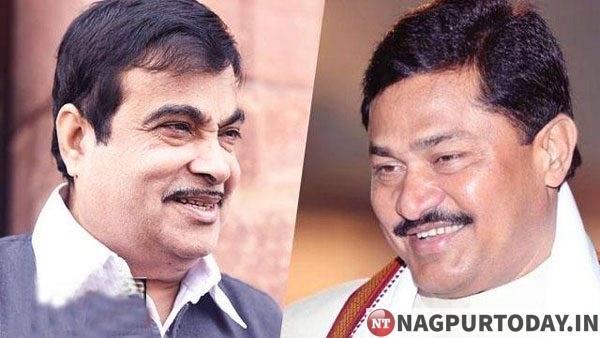Nagpur: With just two days to go for polling in Nagpur and Ramtek Lok Sabha constituencies in the first phase, the Satta Bazaar has gone abuzz with betting rates fluctuating in the hazy scenario.
According to Satta Bazaar, bookies are offering 10 paise for every rupee bet while a win for Nana Patole could give 10 Rupees for the bets. It means if punters bet on Gadkari with Rs 10,000 bet, they would pocket Rs 1000 only in his win. The less the offer the more chances of victory for the candidate.
In Ramtek constituency, bookies are offering 30 paise on Shiv Sena’s Krupal Tumane and the rate for Congress nominee is being quoted as Rs 2.
In general sense, the Satta Market is agog with victories of BJP-Shiv Sena candidates in entire Vidarbha. Apart from Nagpur and Ramtek seats, less and less rates are being offered on BJP-Shiv Sena candidates in Bhandara-Gondia, Chandrapur, Washim-Yavatmal, Wardha as their chances winning the seats are bright.
In Chandrapur, bets on BJP’s Hansraj Ahir is fetching rate of 25 paise while rate offered on Congress nominee Balu Dhanorkar is Rs 3.50. Similarly, in Wardha, BJP’s Ramdas Tadas is fetching 30 paise and Congress candidate Charulata Tokas Rs 3. BJP’s Sunil Mendhe is in bracket of 65 paise and NCP’s Nana Panchbudhe Rs 1.25 in Bhandara-Gondia. Ashok Nete of BJP is offering rate of 25 paise while Namdeo Usendi of Congress Rs. 3.50 in Gadchiroli-Chimur seat. In Washim-Yavatmal seat, Shiv Sena’s Bhavna Gawli is fetching rate of 60 paise.
According to Satta Bazaar, BJP could garner total seats between 243-246 across the country while Congress could manage 79-81 seats.
This election, punters expect caste equations to play an important role, which can still swing votes, said a source. Another person dealing in election speculation said traders and farmers also have potential to swing votes. Traders feel they have suffered because of the NDA’s policy changes such as demonetisation and the implementation of goods and services tax. Lower prices for major crops and inefficient procurement machinery













